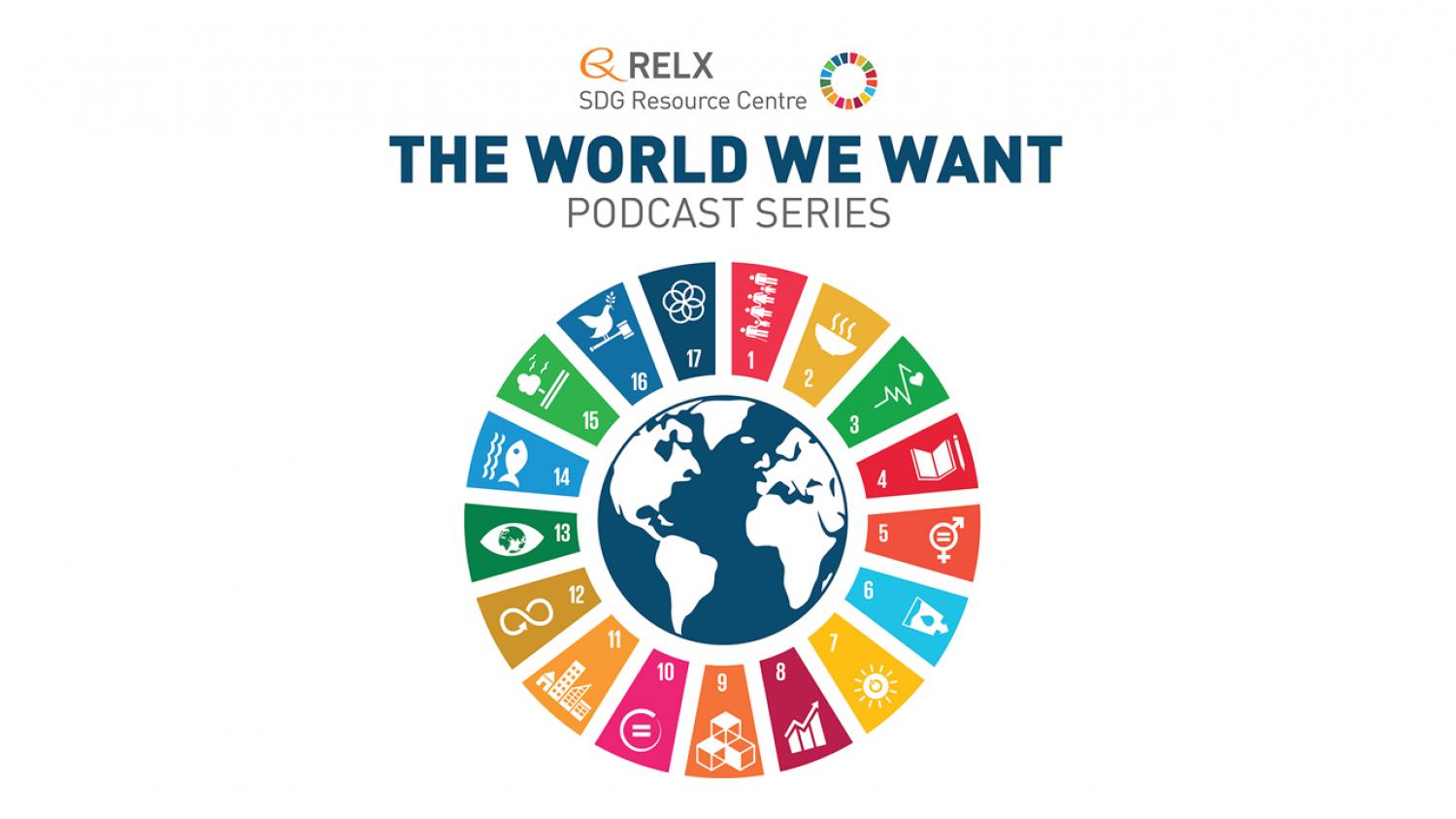This qualitative study explored challenges faced by upper primary mathematics teachers in Rwanda following the switch to English as the medium of instruction.
Sexual & Reproductive Healthcare, 2025, 101122
This study identifies key barriers to quality maternal and newborn healthcare in Zanzibar, including resource shortages, poor working conditions, and cultural factors, emphasizing the need for improved infrastructure and culturally sensitive approaches to enhance health outcomes.
This study highlights that infertility in Southern Ghana often leads women to face stigma and cultural barriers when considering adoption, underscoring the need for community engagement to support their decision-making process.
S. Bhattacharya & G. Nikitas, Energy and Climate Change: Our New Future, 2025, Pages 197-224
This chapter supports SDGs 7, 11, and 13, by providing an overview of wind energy and current challenges and opportunities, with a particular focus on offshore wind energy which is an increasingly important part of the energy transition.
Massimiliano, Rosa-Clot & Tina, Progress in Floating Photovoltaic Systems, 2025, Pages 1-23
This chapter supports SDGs 7, 11, and 13, by providing an overview of floating photovoltaics as a major segment within photovoltaics, reviewing the current situation and future potential of floating PV as a key area of solar energy.

